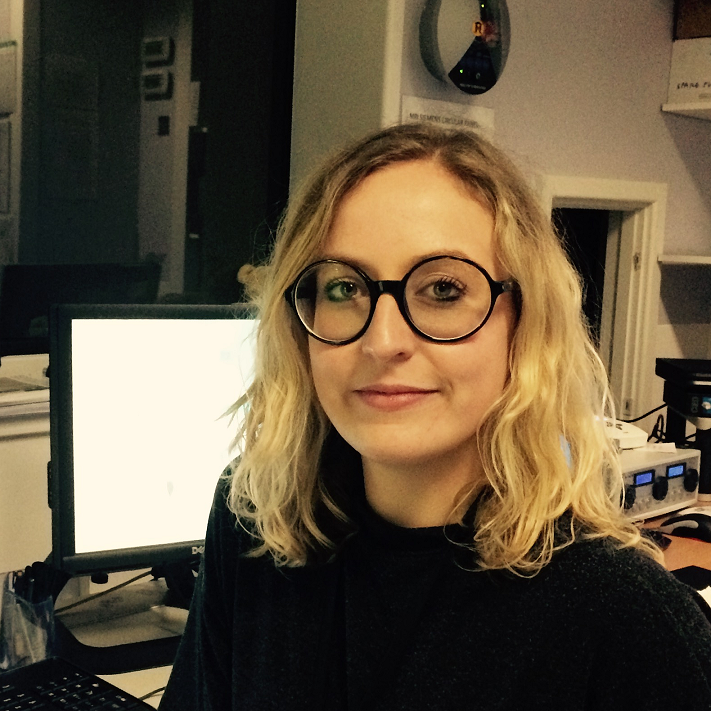Interoception refers to the sensory processing of internal bodily signals, guiding cognitive and motivational behaviours. In addiction, disturbances of interoception are expressed as altered insular cortex activation and have been described, for example through the phenomenon of craving. Studies focusing on substance use disorders report aberrant activation of the anterior insula cortex (AIC), during emotional processing. Among alcohol dependent subjects, reduced interoceptive ability has also been observed. In the present study, we investigated the neural correlates of interoception in social drinkers during an emotional processing task.
A preliminary sample of 11 healthy male social drinkers evaluated their empathy for pain in response to emotional pictures during fMRI scanning. Questionnaires assessed Binge Drinking Score (BDS) and Interoceptive Sensibility (subjective measure of Interoception).
Individuals scoring higher for binge drinking showed enhanced activation in the right AIC during emotional processing. Furthermore, the activation of the AIC was negatively correlated with interoceptive sensibility.
These findings show that interoceptive processes are not only disrupted in drug or alcohol use disorders, but are further impaired in binge drinkers, both at subjective and objective levels. Paradoxically, AIC hypersensitivity observed in binge drinkers is associated with reduced interoceptive sensibility. This conclusion is in line with the emergent literature supporting the important role of interoception in addiction, which may inform the development of new therapies targeting interoceptive processes.
Key words: Emotion, Addiction, Interoception, Binge Drinking, fMRI
Co-Authors
Dr Gaby Pfeifer1, Dr Sarah Garfinkel1,3, Dr Jessica Eccles1, Dr Cassandra Gould Van Praag1, Prof Henrique Sequeira4, Prof Theodora Duka2, and Prof Hugo Critchley1,3 1 Brighton and Sussex Medical School, Clinical Imaging Science Centre, Brighton, BN1 9RR, United Kingdom 2 University of Sussex, Psychology Department, Brighton, BN1 9RR, United Kingdom 3 Sackler Centre for Consciousness Science, University of Sussex, United Kingdom 4 University of Lille, SCALab, CNRS UMR 9193, Lille, 59045, France
Conflicts of interest:
Funding Sources: European Research Council, Rotary Foundation, Society for the Study of Addiction
No conflict of interest
